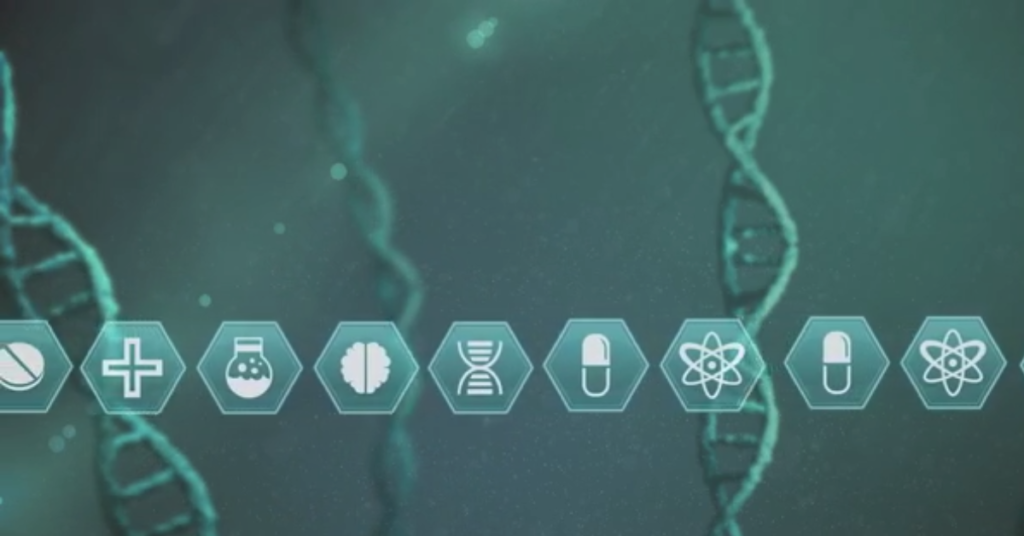
What Can a Postbacc Program Do For You?
Contributed by Joyce Fagel
Julie graduated from Antioch University with a major in Diversity in 2004, and created internships centered around social determinants of health for pre-med students while working at Seattle Children’s Hospital for over 40 years. In 2013 she was recruited by the University of Washington School of Medicine to participate on the Admissions Committee. There she interviewed prospective medical students in Seattle, Spokane, Idaho, and Wyoming, and she was one of the final decision makers for incoming cohorts. She has also worked in a postbac program for several years both as an Associate Professor and an Academic Advisor. Julie has a passion for assisting students with deepening their ability to reflect on their experiences and understanding the complexities and nuances of the interview process. She has successfully advocated for foster care, homelessness, and Medicaid reform. She can be reached at julie@diy-postbacc.com
My first foray into assisting pre-med students was starting the job shadowing program at Seattle Children’s Hospital. The program grew from 7 inquiries a month to over 200 and I always questioned how serious the applicants were. Did they fill out the application on a whim, or did they have a deep desire for the experience? I wondered what I could put in place so I could tell the difference.
When I started working on the Admissions Committee for the University of Washington School of Medicine I had similar questions. How serious were the applicants? Did they have a solid Plan B if they didn’t get in, or would they come back and apply over and over again until someone somewhere accepted them?
Taking a postbacc program is a great way to show graduate programs you are interested in becoming a medical provider. It says that you are investing your time, energy and money to ensure you have done everything possible to get in. Not all postbacc programs are equal and not all are a good fit for everyone.
You should do a postbacc if your undergraduate degree did not include the required science courses or if your undergraduate GPA was less than optimal. It is a good way to show an upward trend and what you are capable of now.
Doing a DiY Postbacc at a community college or completing a formal postbacc program are both good routes and say very different things about you. Some medical schools will look at your DiY Postbacc grades separately from your undergrad, others will not. If you do well in your DiYpostbacc-it says you are independent and can solve problems on your own. Formal postbacc programs are expensive and you might need to take classes that you don’t actually need. But they are a great way to prepare for graduate school. They provide the support and guidance students need and indicate they are committed.
Students who do a postbacc have between a 55-100% chance of acceptance into medical school, depending on the program. This is significantly higher than an acceptance rate of 41% for students who don’t. And according to AAMC, nearly 70% of students are older than 23 when they begin medical school.
What postbacc program is the best for you? I personally feel that it all boils down to good mental health. I actually think everything boils down to good mental health, but especially when doing something as arduous as applying to a graduate program. Applying is a marathon and the MCAT and writing the personal statement are the unexpected steep and abrupt hills at the end. And you need to be completely on your game when doing these key aspects of the application.
Everyone needs a community of people who have the same dreams and believes in them. Make sure the postbacc program you end up selecting has this important component as well as expert advice from someone you can trust.